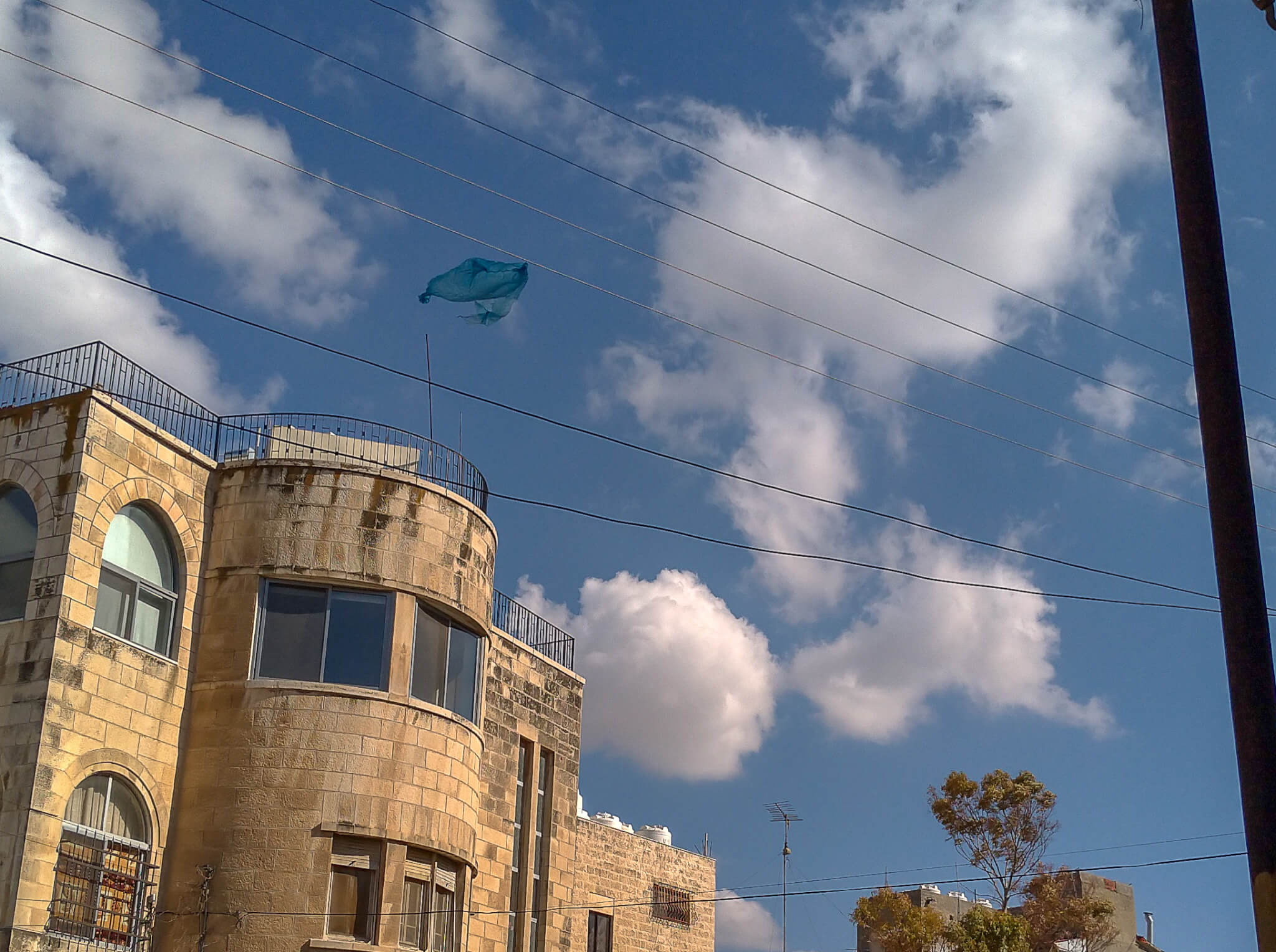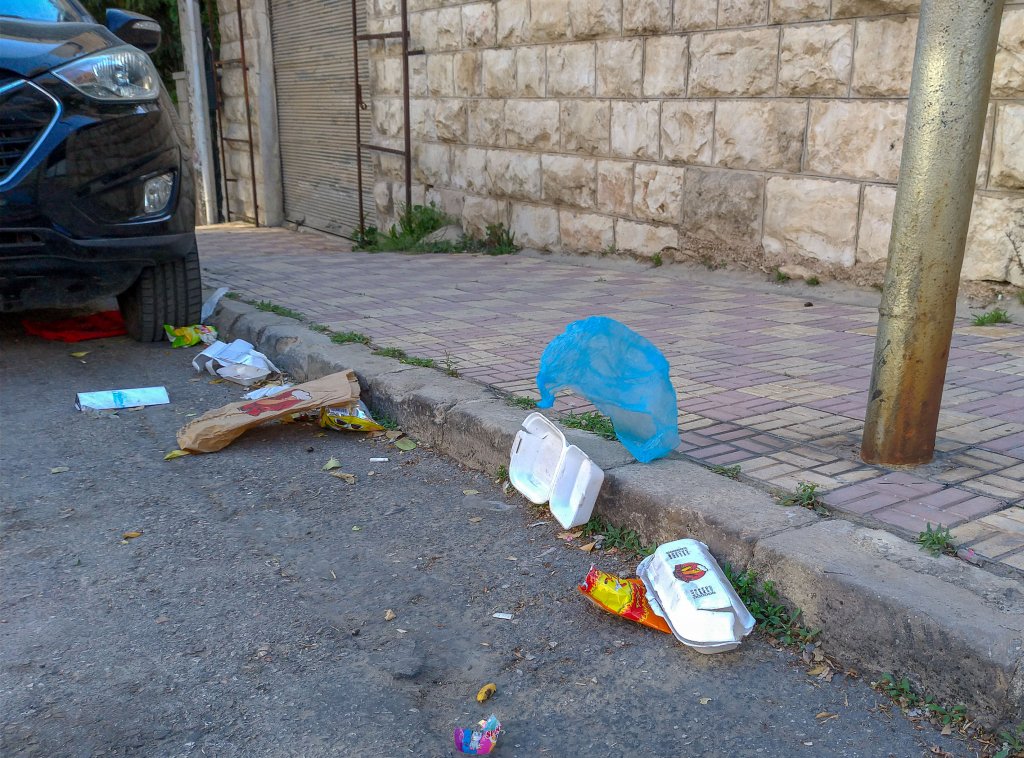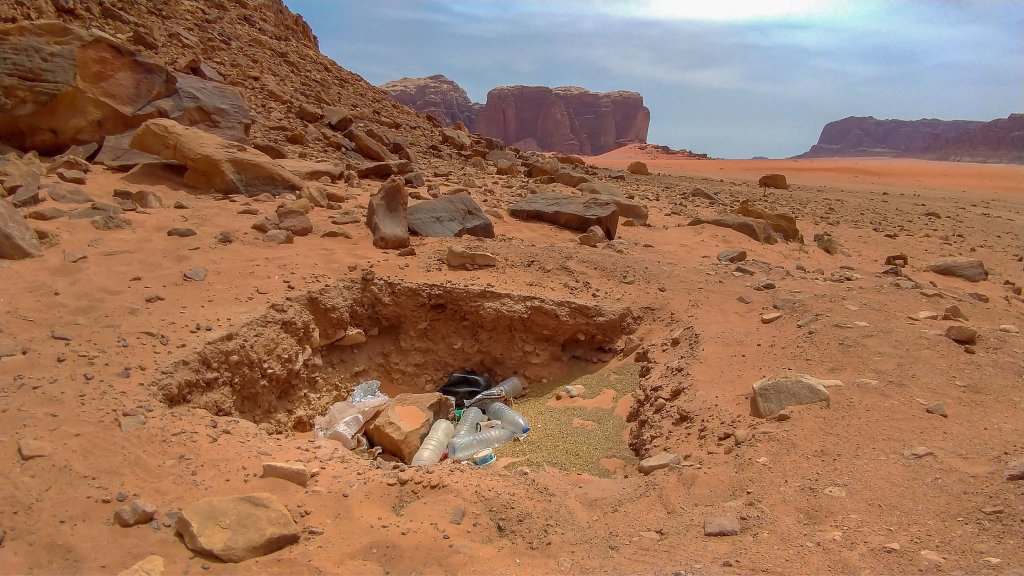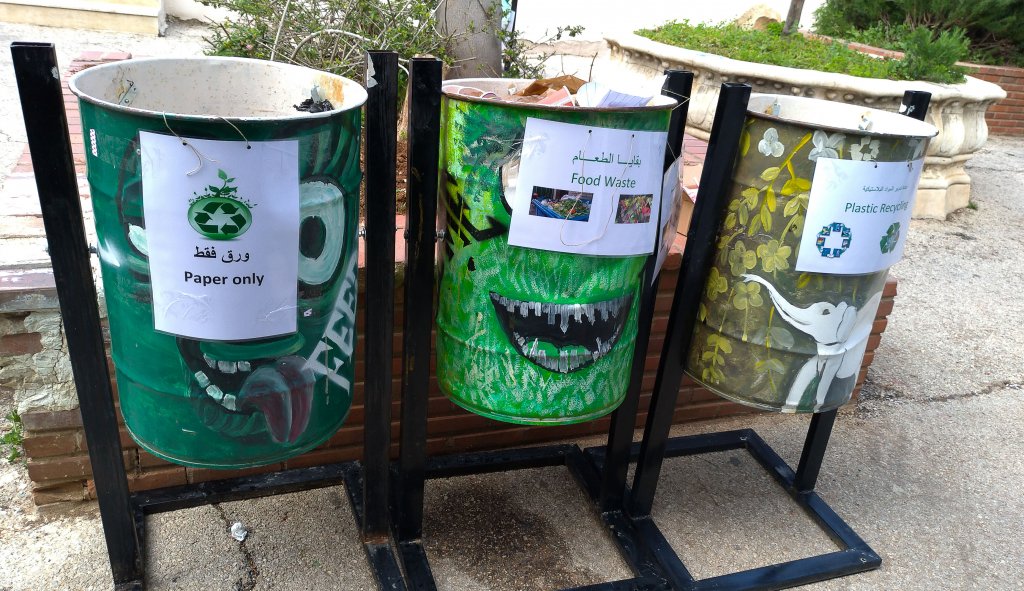“Our world has a problem with waste – and it’s hitting people living in poverty the hardest. Today, two billion people in the world’s poorest countries are living and working among piles of waste – that’s one in four of us. Drinking polluted water. Breathing toxic air. Battling sickness. Each day waste mountains are growing causing preventable deaths.” So writes Renew our World as they launch their latest campaign tackling waste.
The Anglican Alliance is a founder member of Renew Our World and is mandated to connect and equip Anglicans across the Communion to safeguard the integrity of creation, the fifth Anglican mark of mission. In a short series of stories to coincide with the launch of Renew Our World’s campaign, we are focusing on the problem of waste in different parts of the world, as seen through the eyes of people who live there. This second piece is written by Joel Kelling, the Anglican Alliance’s Middle East Facilitator, who lives in Jordan.
“Have you seen the national bird?*” my friend asked me, on one of my first visits to Jordan. I didn’t know what he meant, so he went on: “I’m sure you have – flying over the fields and the cities, in the north and the south”. He was referring to the ubiquitous plastic bag, typically home to a falafel sandwich for a few minutes at most and then dropped on the floor, occasionally into a bin. 3,000,000,000 (three billion) plastic bags are used in Jordan every year.
In Jordan’s capital city, Amman, 4,300 municipal sweepers and cleaners, and 250 vehicles, collect 4,000 tonnes of waste on average each day, a number which rises to 4,600 tonnes during holidays and Ramadan. 70% of it is plastic.
Part of the problem in Jordan is that not all waste makes it to the municipal bins – there is a culture of dropping coffee cups, cigarette butts, and plastic bags on the ground following their use. Even in churches, disposable cups and plates are the norm, when a practice of washing up would promote fellowship and friendship, as well as being a more sustainable solution. I’ve been told by Christians, in response to me bringing my recycling to work (which is on the way to one of just two recycling centres in this city of 4 million people), that “we don’t do that here”, and looked at like I’m weird!
Things are beginning to change however, and there are small signs of hope. I was recently invited to an environment day held at The Anglican Ahliyyah School for Girls. Various youth-led programmes were championed, including the work of the student Eco-Council. They have a recycling scheme which exchanges plastic bottle tops for wheelchairs; are committed to zero waste within the school by 2022; and take their work home to their families, and share their learning with other schools in the city.
One of the participants at the environment day was Amal Madanat, whose film “With myself I started” is an inspirational look at how we can begin to make a difference through our own actions. Working with the nearest school to her home, she has transformed approaches to waste, encouraging the refusal of single-use plastics, and the sorting and recycling of waste. Amal has partnered in this exercise with local waste pickers, who she describes as Jordan’s “invisible recycling experts”. These people earn up to 3-4JOD ($5-6) per day combing through filthy bins to find re-sellable materials. The film gives so much dignity to these people who might be considered unclean by society, if they are noticed at all. Now they are participating in the life of the school and community, working together for a cleaner city.
I hope that during the Season of Creation this September, we can work together to show the film in other schools, institutions and the parishes of the diocese and inspire a personal and corporate lifestyle change, working together for the sake of God’s creation. In the meantime, the challenge for me is to continue to model a different way of living, be that in our use of reusable nappies for our son, drinking from my reusable water bottle, or refusing plastic bags in our local shop.
The Anglican Alliance connects and equips the worldwide Anglican family to work for a world free of poverty and injustice and to safeguard creation.
Take action by getting involved in Renew Our World’s waste campaign: details here.
And see our prayer and worship resources on creation care here.
*The actual national bird of Jordan is the Sinai Rose Finch.




